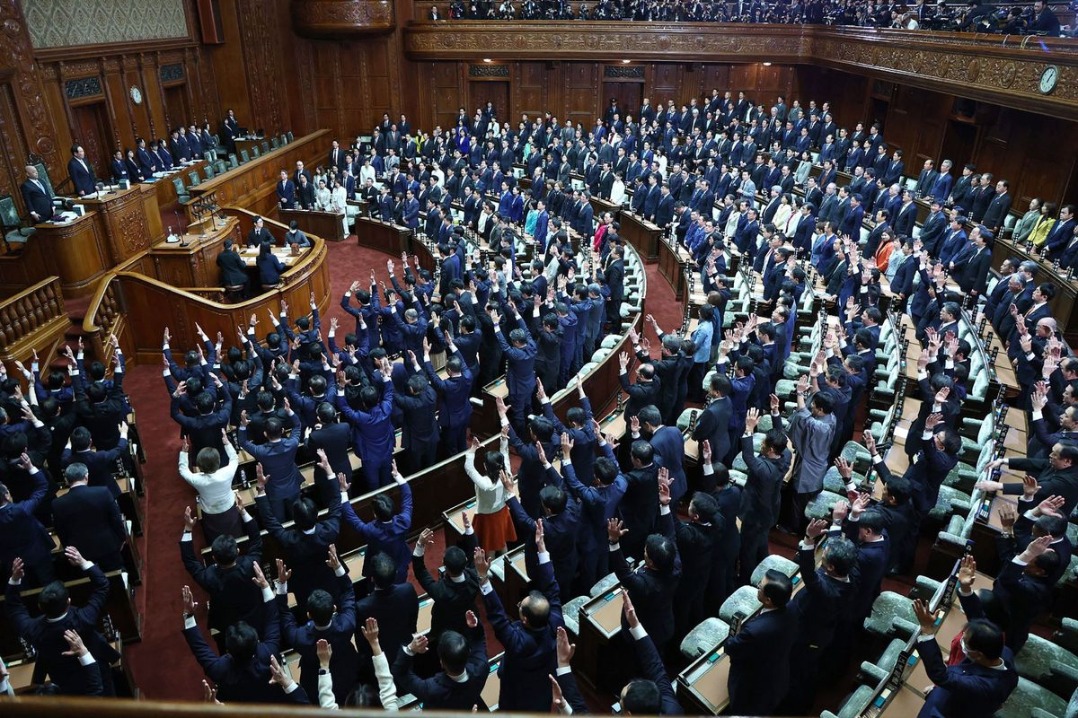Continent urged to promote free trade

In light of the tariffs imposed by the United States and the global economic shifts, experts are of the view that Africa should focus on the African Continental Free Trade Area, or AfCFTA, to promote intra-African trade, reduce reliance on external markets, and foster economic growth and integration.
They are calling for aggressive implementation and operationalization of the agreement, noting it presents a unique opportunity for the continent to build resilience from within.
So far, 54 African countries have signed the agreement of AfCFTA, of which 48 have ratified.
Aly-Khan Satchu, the founder of Rich Management, an investment advisory firm based in Nairobi, said African countries should encourage internal African-generated impulses like AfCFTA for growth.
Satchu said Africa should encourage less on external impulses specifically the African Growth and Opportunity Act, or AGOA, a trade program that provides duty-free access to the US market for the qualifying sub-Saharan African countries, which is set to expire at the end of September with uncertainty over its renewal.
"African policymakers have laid out a road map but in the final analysis, it's about walking the path and not just talking the talk. There has been a tremendous amount of talk but very little walk for a while now," he said.
According to the World Economic Forum, rather than lamenting about rising tariffs and vanishing aid, this should be a wake-up call for Africa to shift gears — look inward with pride, deepen cross-border collaboration, and build the continent with bold intent.
"Given the continent's rich mineral resources and ample potential to contribute to the global economy, this is Africa's moment to wake up," the organization said in a recent statement.
Unlocking potential
"African countries can unlock new economic opportunities across borders by lowering trade barriers among member states and improving regional infrastructure."
James Shikwati, director of Inter Region Economic Network, a Nairobi-based think tank, said African countries should accelerate efforts in addressing obstacles that hinder full implementation of the AfCFTA, including agreement on goods that should be traded within Africa either without or with low tariffs.
This is in addition to accelerating agreement on the rules of origin, which is aimed at preventing foreign countries from taking advantage of the AfCFTA to bring goods to a certain country and export them freely across the continent.
Another key action should be putting in place an effective industrialization strategy to ensure Africa adds value to its products for use across the continent.
Shikwati said the ongoing global economic shifts are pointing to the fact that Africa is the future market. This is because the continent is projected to have close to 4 billion people by 2100, of which nearly 60 percent will be below 20 years of age, meaning a vibrant youthful market.
He said Africa is the least industrialized and has over 60 percent of critical mineral resources required to drive electric vehicle battery manufacturing for instance.
"The AfCFTA is therefore well positioned as a platform for that expected future market," he said.
"But there has to be an intentional investment in industrialization, intentional guidelines on how the minerals resources will be exploited."
































